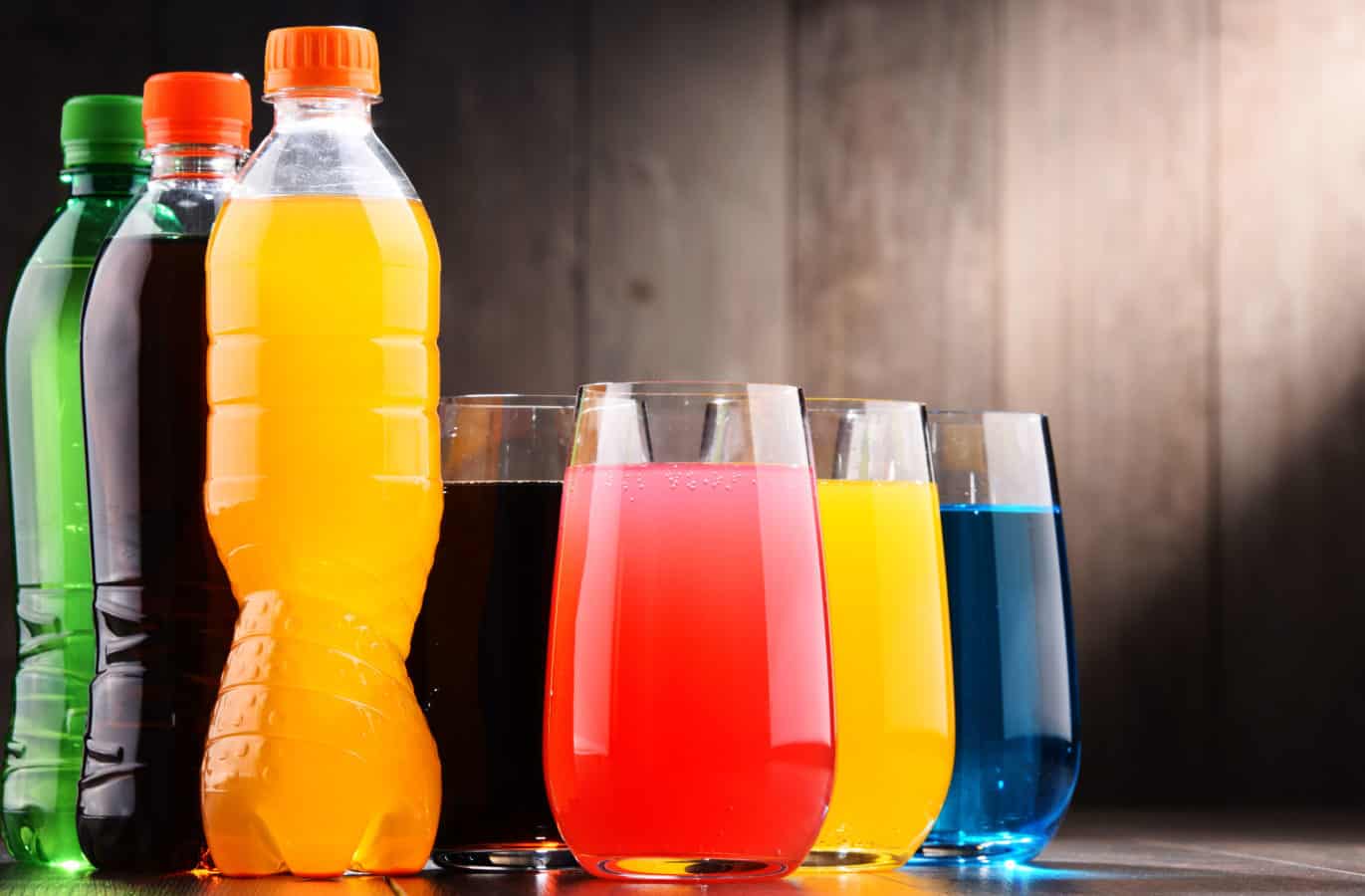
The consumption of soft drinks and their effect on oral health is a topic that we will discuss today. Over the years, the consumption of artificial juices and soft drinks has become normalized in the Western world.
What are soft drinks?
Soft drinks are drinks whose components include carbonated water [water that contains carbonic acid ], sweeteners such as sucrose, acidulants, and artificial flavors. The carbonated water in soft drinks is a mixture of water and carbon dioxide, a practice started by John Matthews in 1832 in New York City.
The low pH (acid) sodas threaten your oral health. Among the different types of soft drinks we have: Coca-Cola, Pepsi-Cola, Sprite, 7Up, Fanta, and Dr. Pepper, among others. They represent a significant risk of erosion for your teeth, which can lead you to need various dental treatments.
Soft drinks and oral health.

The enamel of your teeth, for the most part, is made up of calcium mineral salts, which are susceptible to the action of acids in your mouth. The point is that an imbalance in your diet, or continuous neglect in your oral hygiene habits as well as the excessive consumption of soft drinks, can make the action of saliva insufficient. One way to introduce this imbalance in your oral health is through excessive consumption of soft drinks and/or artificial drinks.
- Remember that the pH of soft drinks averages around 2.4
- Demineralization occurs when the acidity is below pH 5.5
The numbers speak for themselves, and you will find that the pH of the soft drinks is more than enough to initiate the demineralization of your teeth after ingesting these drinks.
tooth-damaging characteristics of soda and artificial drinks
Some tips on artificial drinks and soft drinks:
- In soft drinks, the amount of sugar is directly related to the amount of acids , they add so much [the equivalent of several sugar cubes] precisely to mask the taste of the acids that act as flavorings.
- Coca Cola and Diet Coca Cola even contain phosphoric acid and their pH is 2.08 and 2.25 respectively , that is, the level of “acidity” of the lemon
- Some artificial juices have a level of acidity close to that of soft drinks (some “apple” flavors are in this category of acidity)
- “Energy” drinks usually contain phosphoric acid and citric acid , apart from a low pH, which gives them a demineralizing potential of the hard tissues of the tooth.
- The large amount of sugar in these drinks means that their excessive consumption in the long run puts you at risk of cardiovascular disease , obesity and diabetes .
As you can see, apart from the risks to your health , there is also the dental risk.These acids also demineralize your teeth, thus producing dental cavities , choose your drinks with caution.
How erosive can soda and acidic beverages be?
They can be very erosive, and this depends on three factors :
- Chemical factors. type of acid, pH of the same, adherence to your teeth.
- Behavioral factors. Frequency of consumption of these drinks, frequency of consumption of vegetables and fruits. Besides acidic drinks, do you also have a high consumption of sugar in your diet?
- Biological factors. Saliva [flow, composition, availability], state of the dental structure of each of your teeth, dental biofilm.
Chemical factors
Soft drinks and artificial juices have different damaging potential for your teeth depending on the type of acid included in their formulas.
Preventative dentistry is a major focus of Dr. Pascal Terjanian’s practice. He considers the role of nutrition and overall physical health when assessing dental issues and appropriate treatments. Good oral hygiene and regular dental check-ups form the foundations of preventative dentistry. Dr. Pascal Terjanian maintains a blog on dental issues, covering preventative dentistry topics as well as providing information on warning signs that might warrant professional attention. The blog plays an important role in his strategy for providing quality preventative care.

